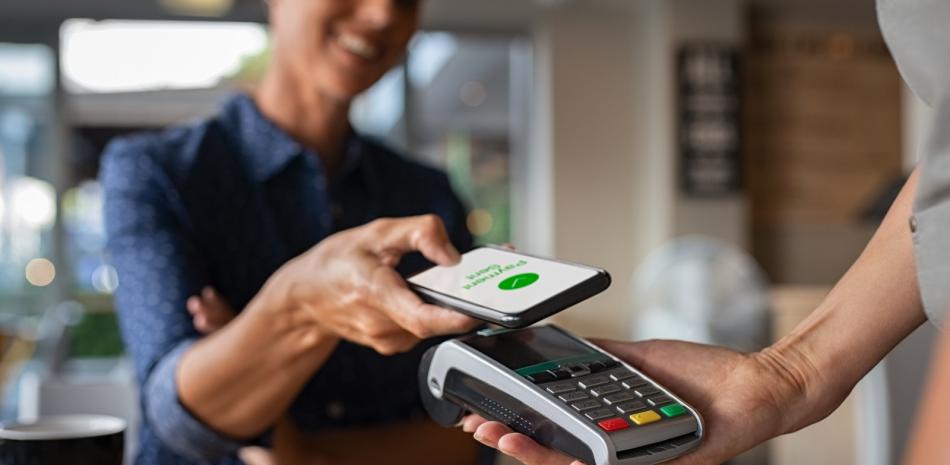When talking about digital or online payments, there is always a debate that most users agree on one issue: security. This is what Apple Pay — a mobile payment service created by Apple — It has been born among cardholders in the Dominican Republic, since the tech giant announced its sixth license in the country last Tuesday.
Five days after its launch, there is a question that many users have asked about this payment method: “How safe is it to use when paying?” With Apple Pay, it is not necessary to give your debit or credit card to someone else or swipe it through “verifone” to pay the account.
“In terms of security, these systems have all the certifications regarding cybersecurity and personal data protection. Behind this There is a process known as “encoding”, “It gives the user the ability to activate credentials at all times,” explained Sofiski Not, Director of Digital Economy and SMEs at the Dominican Republic Multibank Association (ABA), Sofiski Not, to Listín Diario.
Regarding the “tokenization” process, which is used in digital transactions for security and privacy purposes, the expert continued: “When you make a payment, first of all, your cell phone must be where you kept the card; secondly, it is not enough to bring your cell phone close to the “verifone”, but you must put your face through it in the case of “Apple ID Face ID” (face recognition), which scans it and verifies that it is you, or you must put a secret number on your cell phone that no one knows except you.
“This ensures that no third party can use your cell phone to make transactions on your behalf. In other words, as far as security is concerned, we can be completely calm.”
Apple Pay works with the Wallet app, a digital wallet or purse where you store your payment credentials. This payment method is protected by an NFC (Near Field Communication) chip, which allows contactless payments between your smartphone and a payment terminal.
Through its website, the American multinational company also pointed out the reliability of its mobile payment service: Your card number or identity is never shared with businesses. Furthermore, the actual card number is never stored on the device or on Apple servers.
When you pay in the store, Neither Apple nor your device sends your real card number. He noted that the debit or credit is given to the merchant, and Apple does not store data from your transactions that could identify you.
Apple Pay booms in DR
Apple Pay was first introduced in 2014. After its launch, the first countries to implement it were: the United States, the United Kingdom, Canada, Australia, China, etc. After 10 years, it reached the Dominican Republic.
—Why did the mutation occur after it was licensed?
—Users in the Dominican Republic have been waiting for this technology to be implemented in the country, as mobile payments have become a reality in the world.
The director of the digital economy and micro, small and medium-sized enterprises of the business association, indicated that the person who will initially enable the use of the mobile payment service is Apple. He said that once enabled, Dominican banks will begin to carry out the corresponding monitoring so that cards issued in the country can be used in this way.
“Users are already used to making payments using their mobile phones, that is, they open their “online banking” account and pay for a large number of services from their mobile phones. Now, this opens up another possibility, which is to save your payment credentials and make payment for any transaction, no longer by direct debit from the account, but using a debit or credit card of any bank.
for now, At least five financial intermediary entitiesWhich uses Mastercard cards, Apple Pay is available. According to Naut, not all banks are authorized to offer the service; but he indicated that it could be added.





